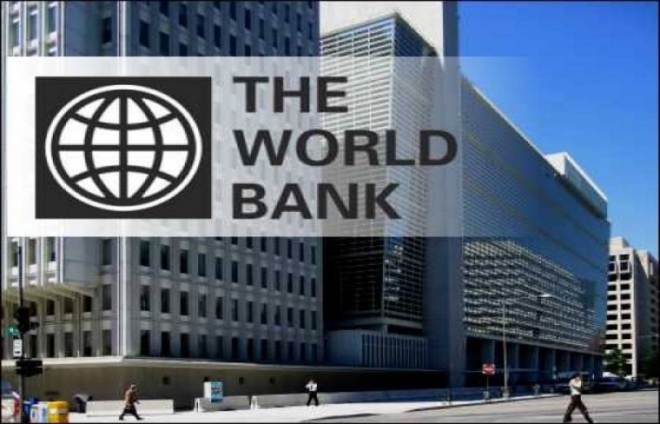The World Bank Board of Directors today approved a $60 million International Development Association (IDA) grant to help Ghana and some other African countries strengthen the resilience of their agricultural sectors to the threat posed by climate change.
The grant fulfils the World Bank’s commitment at the 2019 United Nations Climate Summit to increase its support to the CGIAR, a global partnership that unites international organizations engaged in research about food security, to help advance agricultural research efforts for the benefit of rural households that rely on agriculture as a major livelihood source, and to increase food security.
Through the new operation –“Accelerating the Impact of CGIAR Climate Research for Africa project, AICCRA”—the World Bank will support research and capacity-building activities carried out by the CGIAR centers and partner organizations, with the goal of enhancing access to climate information services and validated climate-smart agriculture technologies in Africa.
By gaining better access to climate advisories linked to information about effective response measures, farmers and livestock keepers will be able to better anticipate climate-related events and take preventative actions that can help to safeguard productive activities and avoid catastrophic losses.
Mobilizing science and innovation for the benefit of agricultural development is consistent with the commitments made during the Africa Food Security Leadership Dialogue (AFSLD), a multi-partner initiative formed in 2019 to deal with the problem of hunger and vulnerability to climate change on the African continent.
The new project responds to the AFSLD call for joint action against hunger in the face of climate change, at a time when the COVID-19 pandemic has further increased the vulnerability of millions of households.
AICCRA activities will be concentrated in six countries —Senegal, Ghana, Mali, Ethiopia, Kenya, and Zambia— but its benefits will be realized region-wide.
“Knowledge generation and technology transfer are deserving of IDA regional support, because the benefits flow across national boundaries and therefore are unlikely to be supported adequately by individual governments acting alone,” says Ms. Deborah Wetzel, World Bank Director of Regional Integration for Sub-Saharan Africa, the Middle East, and Northern Africa.
“CGIAR plays a unique catalytic role in strengthening global, regional and local capacity to combat the effects of climate change, in Africa and throughout the world”, she added.
AICCRA will be administered by the International Center for Tropical Agriculture, the lead center for the CGIAR Program on Climate Change, Agriculture, and Food Security (CCAFS).
Latest Stories
-
Mahama meets Mamprugu king over Bawku chieftaincy stalemate
13 minutes -
Mahama calls for robust investment to uplift vulnerable populations
23 minutes -
Policy Expectations of the New Government: A robust asset and liability declaration framework
1 hour -
Engender trust to resolve Bawku crisis – Former Defence Minister Dominic Nitiwul advises
2 hours -
Guardiola divorces wife of 30 years
2 hours -
Up to 4 in 10 people could develop dementia after 55. What you can do to lower your risk
2 hours -
Mohbad’s widow, father face-off over DNA test
2 hours -
US to remove Cuba from state sponsors of terror list
2 hours -
Jideofor Adibe: Democracy and its Discontents in Africa
2 hours -
Sierra Leone declares emergency over mpox outbreak
2 hours -
South Korean investigators arrest impeached President Yoon, ending weeks-long standoff
2 hours -
Attack on Electrochem sends wrong signals to investors – Ada Traditional Council
3 hours -
Couple in court for allegedly defrauding urban planner of GH¢320K
3 hours -
US markets watchdog sues Musk over Twitter stake disclosure
3 hours -
Bawku needs firm and fair governance to achieve lasting peace – Dominic Nitiwul
5 hours

